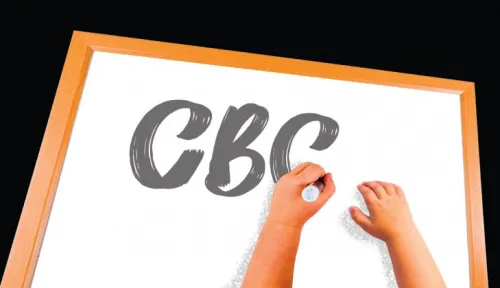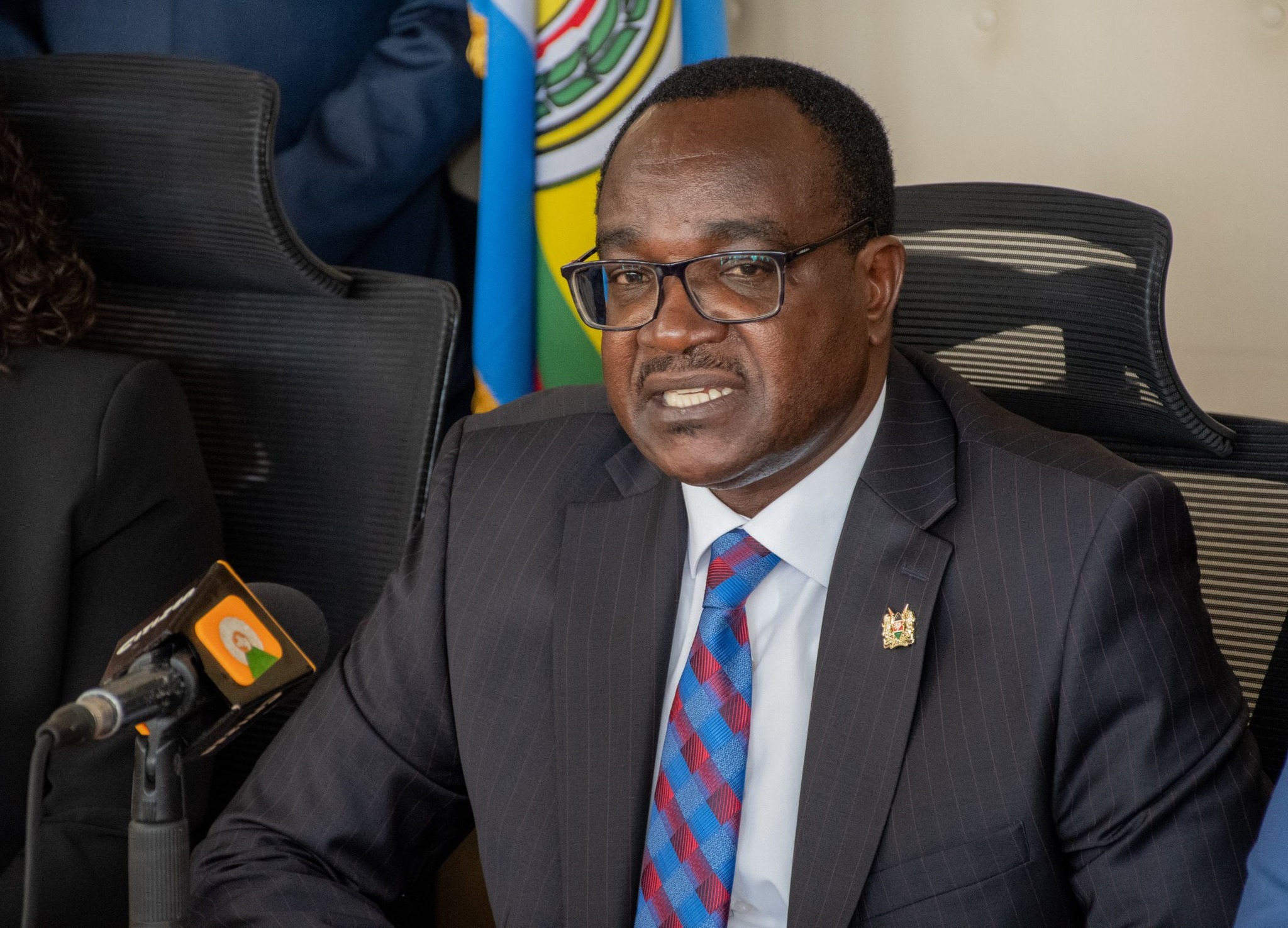What Is Your Understanding Of Competency-Based Curriculum?

The Competency Based Curriculum (CBC) under the 2-6-3-3 system of education in Kenya was launched in 2017 by the Ministry of Education to replace the 8-4-4 system of education which had served Kenya for 32 years.
The new curriculum is designed to emphasize the importance of developing skills and knowledge and also applying those competencies to real-life situations.
The creators of the competency-based curriculum visualized that at the end of the learning period, every learner will have achieved the following competencies; Communication and collaboration, Critical thinking and problem solving, Imagination and creativity, Citizenship, Learning to learn, Self-efficacy, and Digital literacy.
This new system of education that was designed by the Kenya Institute of Curriculum Development (KICD) team is divided into three levels; Early Years Education, Middle School Education and Senior School.
Under this system, learners will spend two years in pre-primary level, proceed to primary school from grade one to six, and then transition to secondary school for six years, a period that will be split into two: junior secondary school (three years) and senior secondary school (three years). The final level is three years of university studies.
Unlike the old 8-4-4 system, CBC has some modifications; Classes are now called grades, topics /subtopics are now known as strands /sub-strands ,ECD has two levels only, that is ,PP1 and PP2 (Pre-primary 1 and 2), learning outcomes is the new term that replaces lesson objectives and learning resources are used instead of teaching aids.
The new curriculum has been approved as the ultimate remedy to limitations identified in the 8-4-4 system because it is entirely skills-based.
Through the new system, learners will not sit exams but they will be evaluated through Continuous Assessment Tests (CATs) on the skills acquired. This is opposed to cramming for exams as has been the case over the past years.
Proficients are of the view that CBC will enable learners to develop beyond academics and also focus on how they can use their specific talents to make a living.
The needs of special needs children have also been incorporated in the curriculum which will integrate ICT at all levels of education
The subjects taught in lower primary are Kiswahili, English, literacy, and mother tongue as well as science, social studies and agricultural activities.
Upper primary subjects include Kiswahili, English, Mathematics, Home Science, Agriculture, Science and Technology, Creative Arts (art, craft and music), Moral and Life Skills and Physical and Health Education.
Others are social studies (citizenship, geography and history) with an option of a foreign language
For the learners in junior secondary, twelve core subjects are taught- Mathematics, Kiswahili, and English, life skills, health education, social studies, integrated science, business studies, religious education, agriculture, life skills, sports, and physical education.)
The new curriculum has been faced with different receptions, with many people complaining about the high expenses of acquiring materials. Most criticized the system for being too expensive and having hidden costs.
However, according to the CBC experts schools are expected to adopt CBC support materials as per each community's setting, for instance, banana fibers for those in rural and thread for those in urban settings depending on availability.
Teachers are encouraged to come up with a good plan for the CBC materials which will be efficient for both learners and parents.
The Kenya Kwanza government appointed a Working Party on Education Reform task force to evaluate the Competency Based Curriculum (CBC).
The 49-member team is chaired by Professor Raphael Munavu and tasked with evaluating the country’s education system and recommending an appropriate structure to implement the Competency-Based Curriculum.
BY STACY ODHIAMBO
Tags: Ministry Of Education Cbc Ezekiel Machogu Kicd 8-4-4
Related
Share this article
Experienced and versatile writer, dedicated to using my exceptional writing and editing skills to inform and advocate. My work focuses on educating and entertaining readers on a range of topics, with a particular expertise in matters of disability.
View articles

